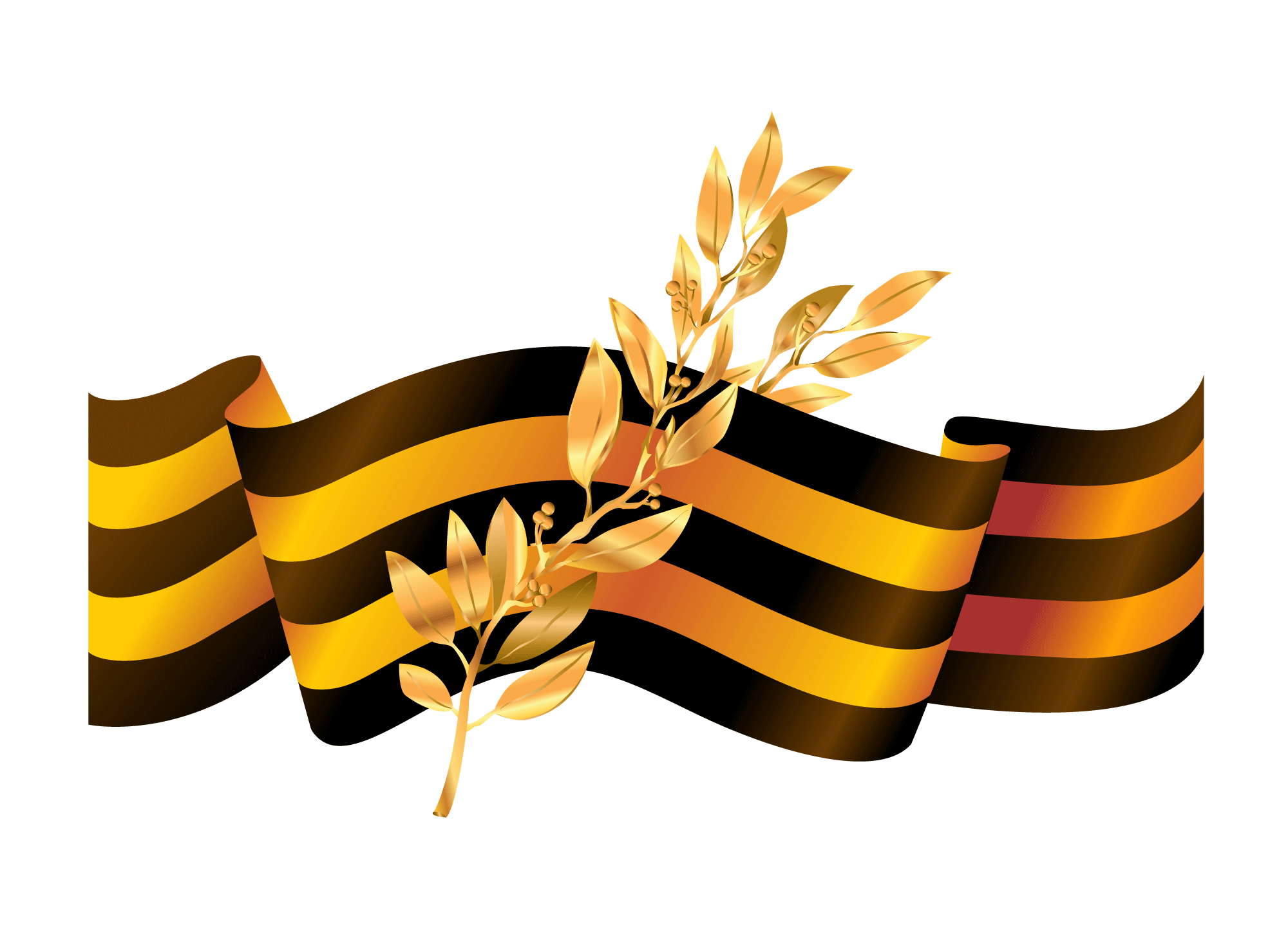Hedone
"Sokrates (Socrates) : Let us begin with the very goddess who Philebos says is spoken of as Aphrodite but is most truly named Hedone (Pleasure) . . . And now I call Aphrodite by that name which is agreeable to her; but pleasure I know has various aspects."
Cicero, De Natura Deorum 2. 23 (trans. Rackham) (Roman rhetorician C1st B.C.) :
"In other cases some exceptionally potent force is designated by a title of divinity, for example [the daimones of virtuous behaviour] . . . In the same class the names Cupidos (Sexual Desire) [Eros], Voluptas (Pleasure) [Hedone] and Venus Lubentina [Aphrodite] have been deified--things vicious and unnatural (although Velleius thinks otherwise), yet the urge of these vices often overpowers natural instinct . . . the names that I just now enumerated express the various powers of the gods that bear them."
Statius, Thebaid 10. 90 ff (trans. Mozley) (Roman epic C1st A.D.) :
"Within [the halls of Somnus-Hypnos, god of sleep], glowing Mulciber [Hephaistos] had carved a thousand likenesses of the god [Somnus]: here wreathed Voluptas (Pleasure) [Hedone] clings to his side."
HEDONE was the personified spirit (daimona) of pleasure and enjoyment. As the daughter of Eros (Love) she was more specifically the goddess of sensual pleasure.
Hedone
Her passionate nature
Is all about pleasures
And treasures of love and lust.
She leaves traces in your past,
And she is playful like nyphs.
Her nature is warm and seductive,
Her brilliance in a way self-destructive,
But in all respects,
So light and delicious,
She connects people
And their wishes.
Свидетельство о публикации №122103106038

